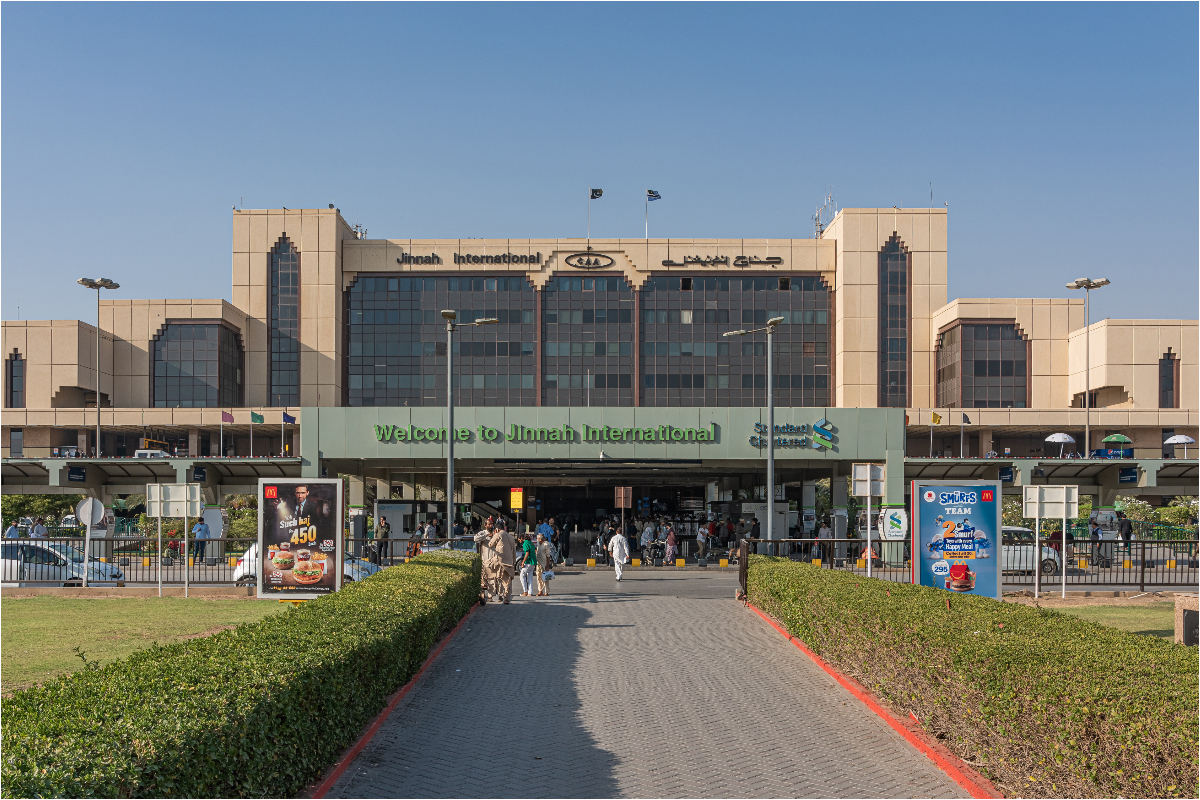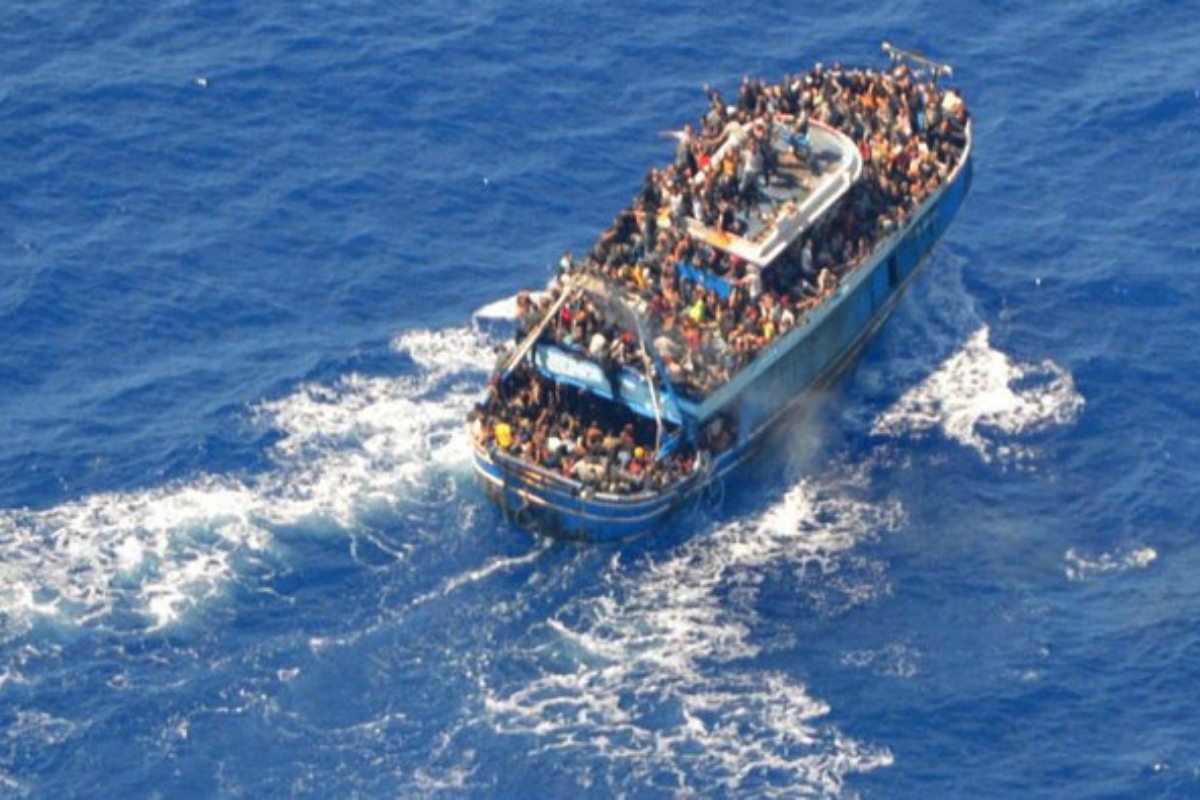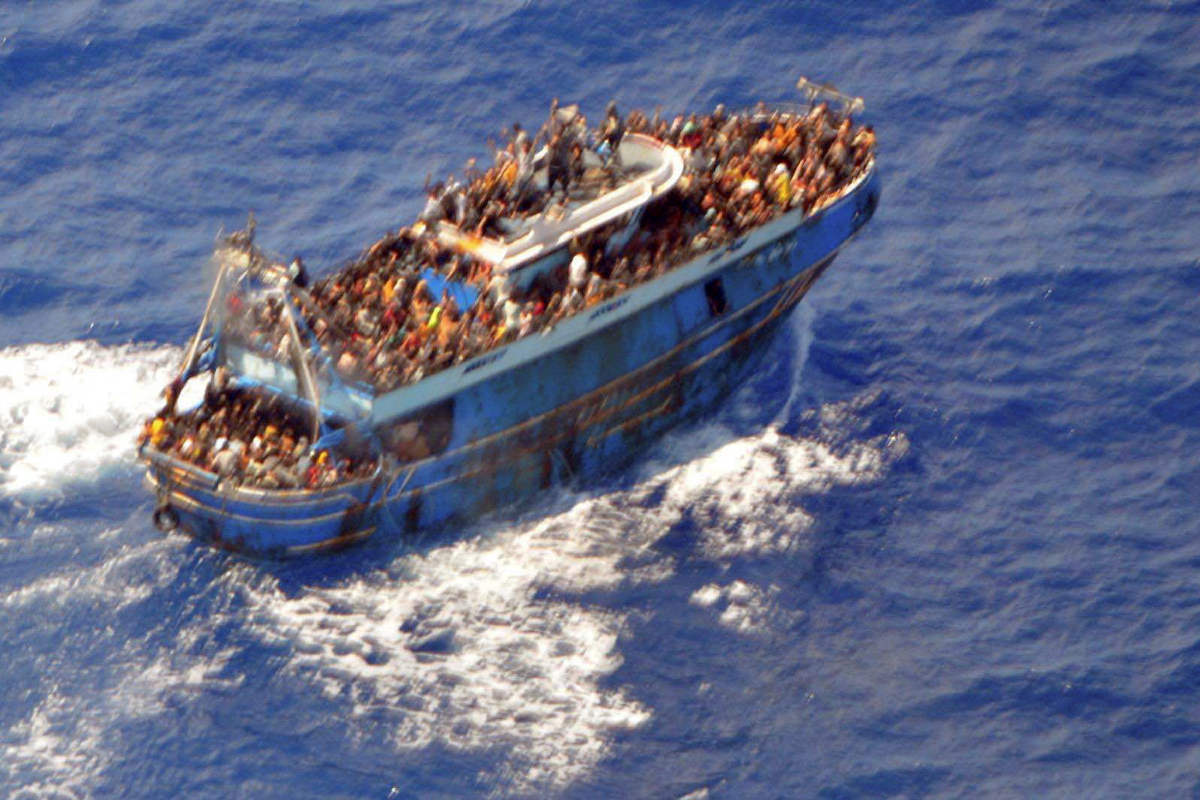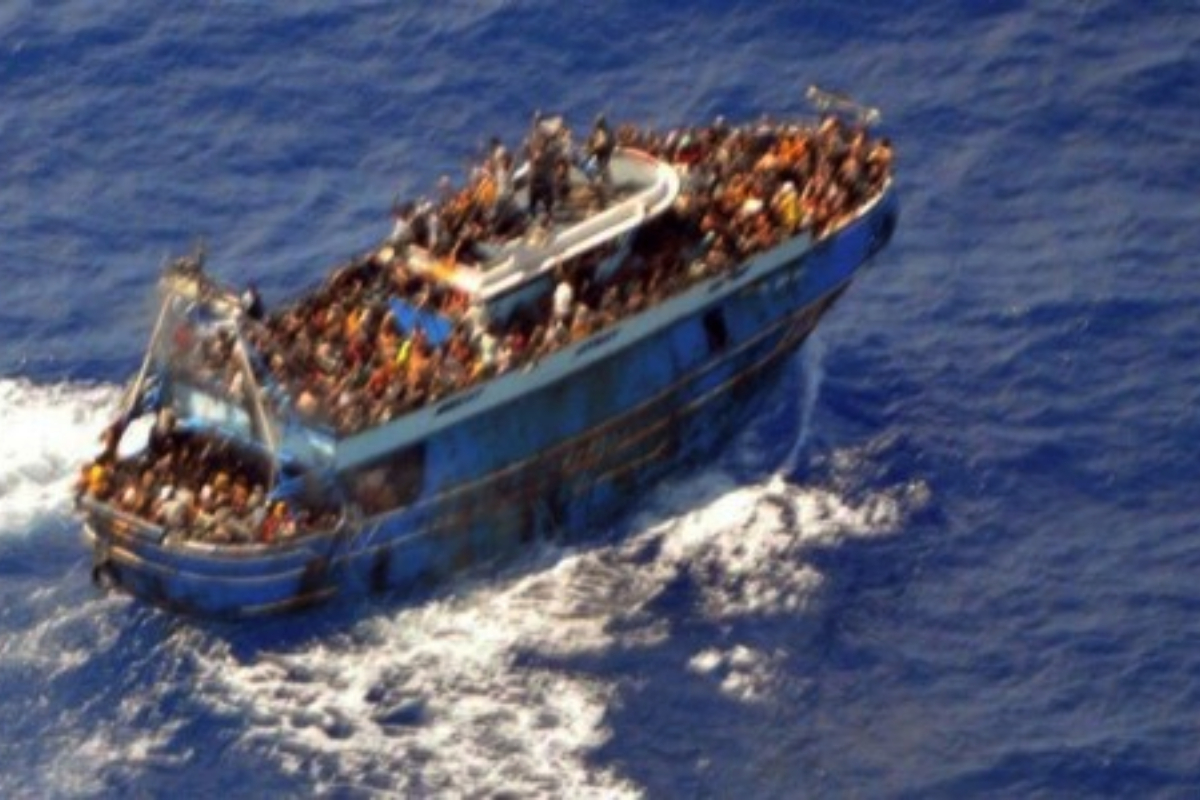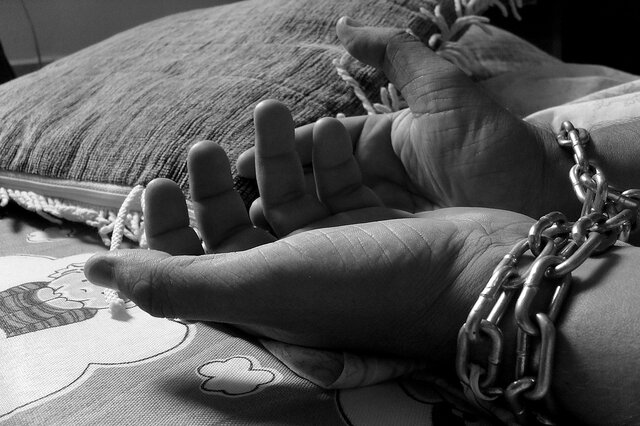- Climate-related disasters are a source of human trafficking.
- The ongoing conflict in Ukraine is also a risk factor.
- The majority of victims are from Africa and the Middle East.
The United Nations said Tuesday that evidence is emerging that climate-related disasters are becoming a source of human trafficking as criminal gangs exploit an increasing number of uprooted people.
The ongoing conflict in Ukraine is also a risk factor for increased human trafficking, according to a report by the United Nations Office on Drugs and Crime (UNODC).
“Climate change is increasing vulnerability to trafficking,” the UNODC report said.
“While a systematic global analysis of the impact of climate change in trafficking in persons is missing, community level studies in different parts of the world point at weather-induced disasters as root causes for trafficking in persons,” it said.
The report is based on data from 141 countries collected between 2017 and 2020, as well as an examination of 800 court cases.
Climate change has “disproportionately” impacted poor farming, fishing, and other communities that rely on natural resource extraction for a living, according to the report.
Climate-related disasters internally displaced more than 23.7 million people in 2021 alone, while many others fled their countries entirely.
As entire regions of the world become “increasingly uninhabitable,” millions will face “high risk of exploitation along migration routes,” according to the UN report.
The UN drug agency reported an increase in human trafficking cases in Bangladesh and the Philippines following devastating cyclones and typhoons that displaced millions.
Droughts and floods in Ghana, as well as the Caribbean region, which is prone to hurricanes and rising sea levels, were also forcing many people to flee.
Fewer victims detected of human trafficking
While the majority of victims of human trafficking are from Africa and the Middle East, a potentially “dangerous” situation is developing in Ukraine as millions flee the war-torn country.
“The challenge is how to deal with human trafficking caused by war and insecurity,” says Ilias Chatzis, UNODC’s head of the human trafficking and migrant smuggling section.
In terms of Ukraine, Chatzis believes that assisting neighboring countries and increasing support for Ukrainian authorities are equally important.
The Covid-19 pandemic hampered the ability to detect cases, particularly in low-income Asian, Latin American, and African countries, according to the report.
Faced with the closure of public venues such as bars and clubs due to health restrictions, certain forms of trafficking, in particular sexual exploitation, have been pushed into “less visible and less safe locations”.
The number of victims detected worldwide fell in 2020 for the first time since data collection began in 2003, falling by 11% compared to 2019, according to the Vienna-based UNODC.
[embedpost slug=”/covid-19-reduces-human-trafficking-in-two-decades-now-ukraine-war-trigger-for-hike-un/”]
Read more



